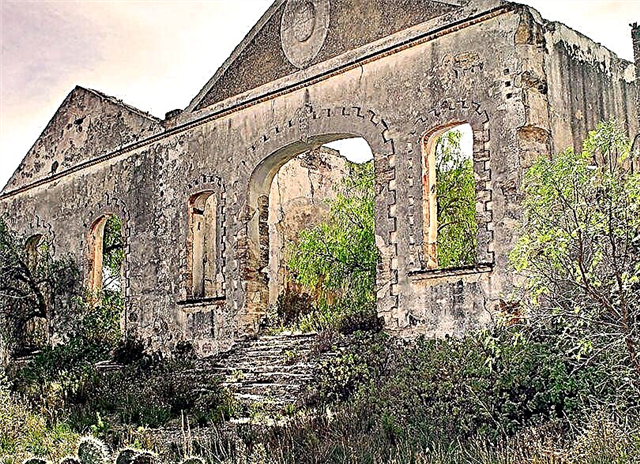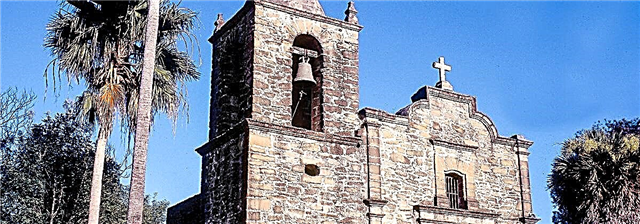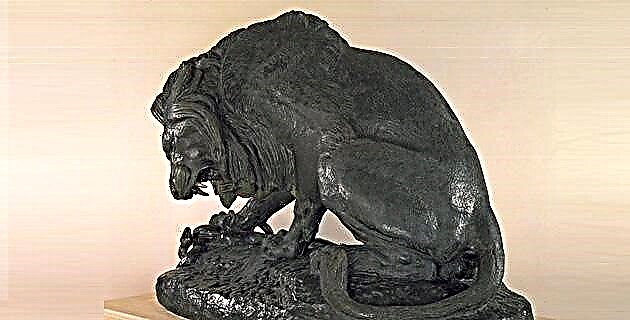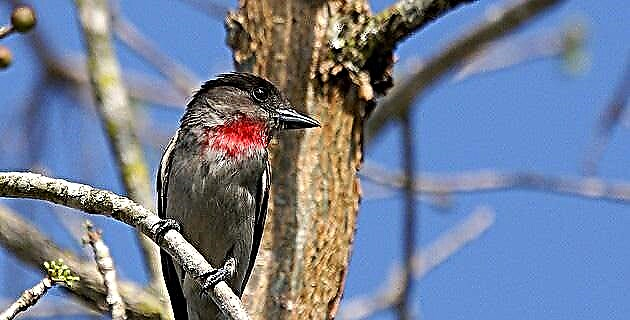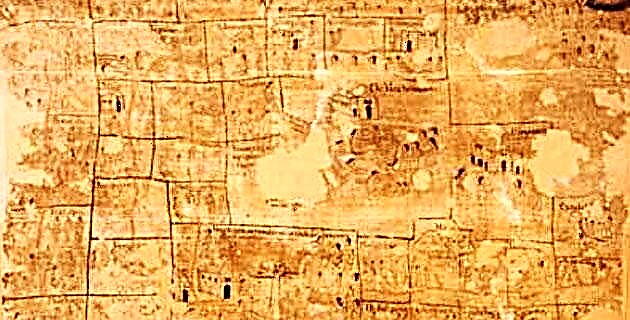
Dawn in Tzintzuntzan, the Sun began to illuminate the capital of the Purépecha kingdom.
The day before, the great "festival of arrows" had taken place, the Equata Cónsquaro, which today would conclude with the mass sacrifice of the group of criminals and of those people who would be punished for their rebellion and disobedience. The Petamuti listened to the accusations in the open voice of the governors and neighborhood chiefs, and then handed down the severe sentence: all would suffer the death penalty.
Many hours passed as the macabre ceremonial passed, which was witnessed by the main characters of Michoacan politics. Very circumspect, during the executions the members of the nobility inhaled the smoke of the wild tobacco in their elegant pipes. Once again the ancient laws that cared for customs and good conduct were being observed, especially that which the young warriors owed their lord.
At the conclusion of the sacrifice, the entourage followed in the footsteps of the petamuti, congregating in the courtyard in front of the palace of the cazonci. Tzintzicha Tangaxoan had recently been enthroned; his heart was not calm, since the news that came from Mexico-Tenochtitlan about the presence of foreigners from overseas was serious. Soon his face would change, rejoicing when he heard the old story of the coming of his ancestors to the lake region, and above all he would enjoy, once again, the story of Tariácuri, the founder of the kingdom of Michoacán.
The petamuti addressed the crowd with these solemn words: “You, those of the lineage of our god Curicaueri, who have come, those who are called Eneami and Zacápuhireti, and the kings called Vanácaze, all of you who have this surname have already gathered here in one… ”. Then everyone raised their prayers in honor of the god Curicaueri, who, in ancient times, had guided their ancestors to these lands; he led in their footsteps, proved their cunning and bravery, and finally gave them dominance over the entire region.
This territory was occupied by "Mexican people", by "Nahuatlatos", who must have recognized the superiority of the god Tirepeme Curicaueri; the region originally was governed by different gentlemen; Hireti-Ticátame, chief of the uacúsecha Chichimecas, following the designs of his god, takes possession of the Uriguaran Pexo mountain. Shortly after they come into contact with the Naranjan residents, and that is how the story began: Ticátame will be the root of the lush tree of the cazonci family.
As a Curicaueri devotee, his adventures were many, Hireti-Ticátame fed the bonfire with sacred wood, and asked the mountain gods for permission to hunt, teaching all the uacúsecha chichimecas their duties towards the gods. Finally he married a local woman, uniting the nomadic destinies of his people with those who had already lived since ancient times on the shores of the lake.
After the tragic death of Ticátame in Zichaxucuaro, murdered by his wife's brothers, his son Sicuirancha succeeds him, who proves his courage by pursuing the murderers and rescues the image of Curicaueri -which had been stolen from his altar-, leading the yours to Uayameo, where it is established. His sons Pauacume –first of this name– and Uapeani, who in turn fathered Curatame, who would continue with the lineage, will rule as successors in this city.
At that moment in the story, the voice of the Petamuti –with archaic twists in the language–, described the peculiar legend of the transformation of men into serpents, exalting the figure of Xaratanga, the lunar goddess, unveiling the mysteries of the corn grains. , chili peppers and other seeds, turned into sacred jewelry. Those were the times when the gods, together with men, achieved victories on the battlefield. At that time it was also when the group of the uacúsecha Chichimecas split up and each minor chief, with the bulk of his god, undertook the search for his own dwelling place across the length and breadth of Lake Pátzcuaro.
On the death of Curátame, his two sons, Uapeani and Pauacume –who repeated the names of their predecessors–, traveled through plains and mountains in pursuit of their destiny. The stories of the petamuti encouraged the crowd; They all knew about the two brothers' journeys, which would take them to Uranden Island, where they found a fisherman named Hurendetiecha, whose daughter married Pauacume, the younger of the two; from that union Tariácuri was born. Fate had united hunters and fishermen, who would sustain the future Purepecha society. The earthly marriage will be the mystical equivalence of the union between Curicaueri and Xaratanga, and the adoption of the main gods of the locality, who will form the divine family.
These people who had toiled through the entire territory finally reached Pátzcuaro, the sacred site that would be the seat of their long journey; There they will find four huge rocks that materialize their tutelary deities: Tingarata, Sirita Cherengue, Miequa, Axeua and Uacúsecha - the lord of the eagles, their own deified captain. For the audience, the myth was revealed, they were the guardians of the four directions of the universe, and Pátzcuaro was the center of creation. Tzintzicha Tangaxoan muttered: "In this place and not in another is the door through which the gods descend and ascend."
The birth of Tariácuri will mark the golden age of the ancient Purépecha. At the death of his father, he was still an infant; but regardless of his young age, he was elected cazonci by the council of elders. His tutors were the priests Chupitani, Muriuan and Zetaco, devoted brothers who taught the young disciple by example, who along with the discipline that the daily devotion of the deities meant, also prepared for war, prelude the revenge of his father, his uncles and grandparents.
The adventures of Tariácuri brought joy to the ears of all the participants of the meeting. The reign of this cazonci was very long, dotted with incessant warlike conflicts until each of the Chichimec factions recognized their sovereignty and the predominance of the god Curicaueri, thus conforming the true Purepecha kingdom.
A new episode in the petamuti story was the story of the orphaned brothers, Hiripan and Tangaxoan, nephews of Tariácuri, who disappeared along with their widowed mother once the enemies of the cazonci took Pátzcuaro. They had to flee for their lives. Many miseries and offenses these children must have suffered as tests imposed by the gods, until they were recognized by their uncle. The unparalleled virtues of the brothers contrasted with the baseness of character of their elder son –caused by drunkenness–, hence Tariácuri, sensing the end of his days, prepared Hiripan and Tangaxoan, along with his youngest son Hiquíngare, in the conformation of the future three lordships that would jointly rule the kingdom: Hiripan will rule in Ihuatzio (called in the story Cuyuacan, or "place of coyotes"); "Hiquíngare, you will continue here in Pátzcuaro, and you, Tangaxoan, will rule in Tzintzuntzan." The three lords will follow the work of Tariácuri taking the triumphs of Curicaueri in all directions, widening the borders of the empire.
The story told by the petamuti was listened attentively by Tzintzicha Tangaxoan, wanting to recognize in the words of the priest the arguments that would allow him to face future events. The tripartite brotherhood of Pátzcuaro, Ihuatzio and Tzintzuntzan was broken, first with the death and extinction of the Hiquíngare family, a direct descendant of Tariácuri, and with the subsequent dispossession suffered by Ticátame, Hiripan's son, by his cousin Tzitzipandácuri, scion de Tangaxoan, who even seized the image of Curicaueri.
Since then, Tzintzuntzan would become the capital of that kingdom. The looted jewelry from the other two cities will be kept in the royal palace, constituting the treasure of Curicaueri and the cazonci. Zuanga, the next Purépecha ruler, will have to face the Mexica, whom he will finally defeat. Tzintzicha Tangaxoan savored this final part of the story that exalted the power of his armies; However, the mood of the audience already weighed the gloomy panorama of the Spanish proximity, presaging a disastrous end.


